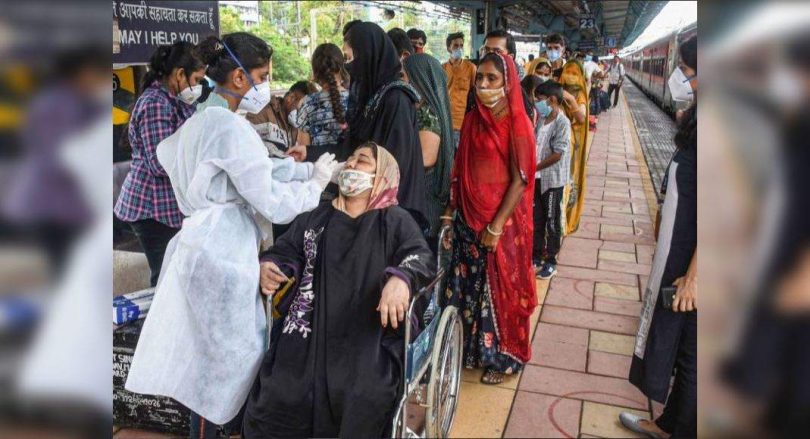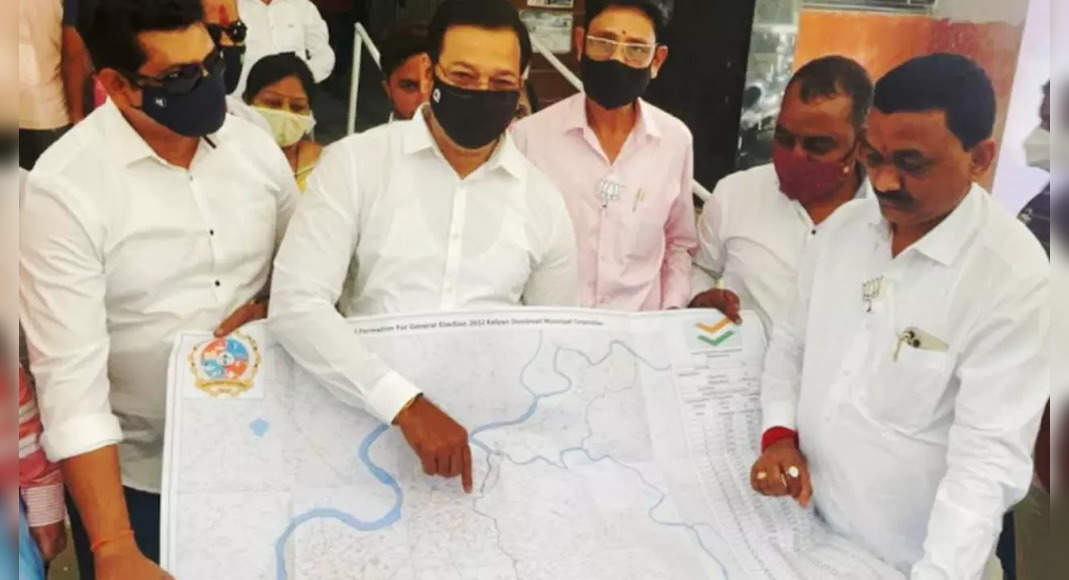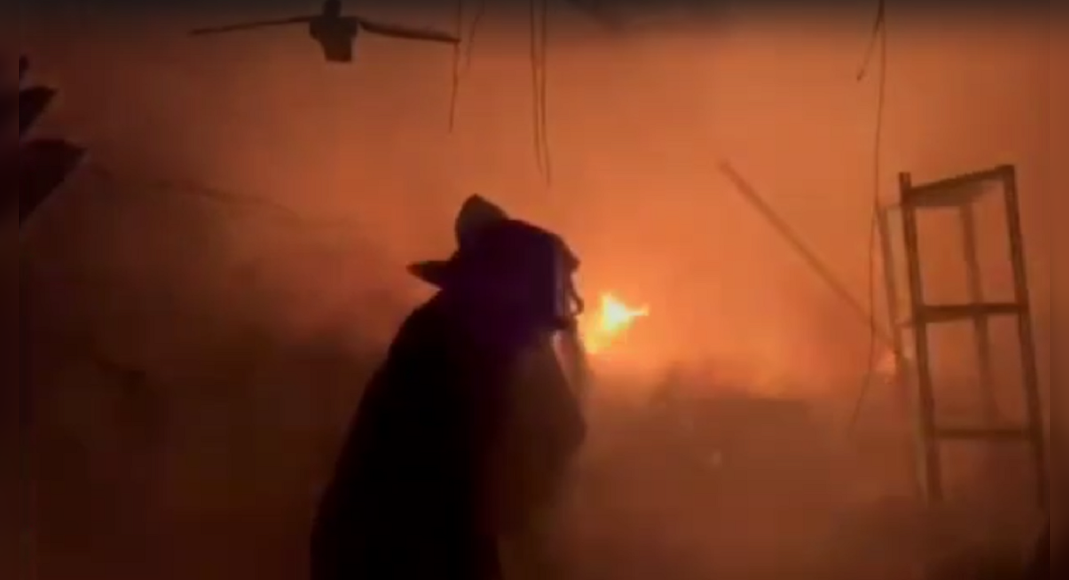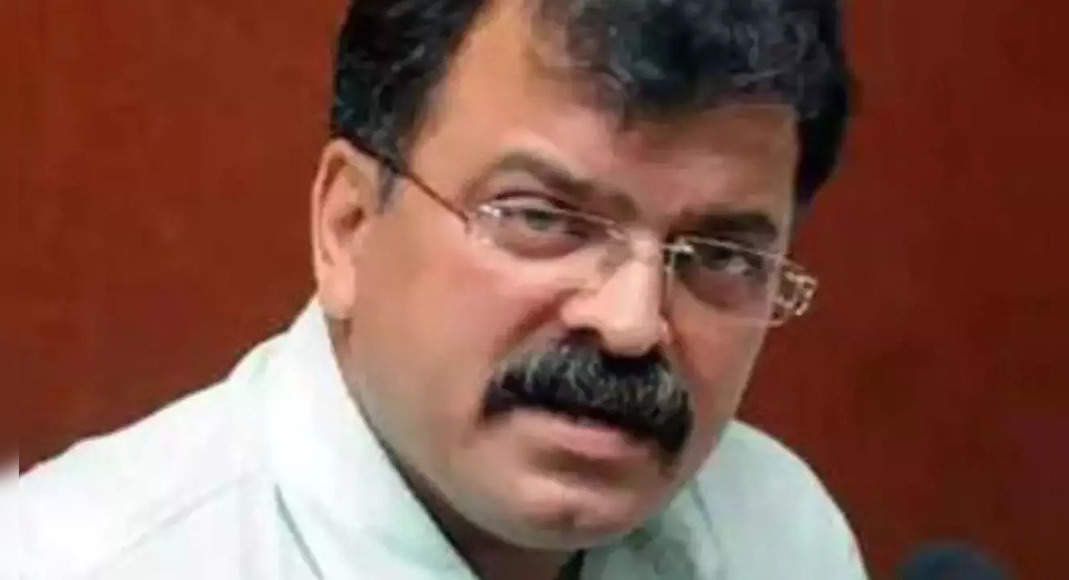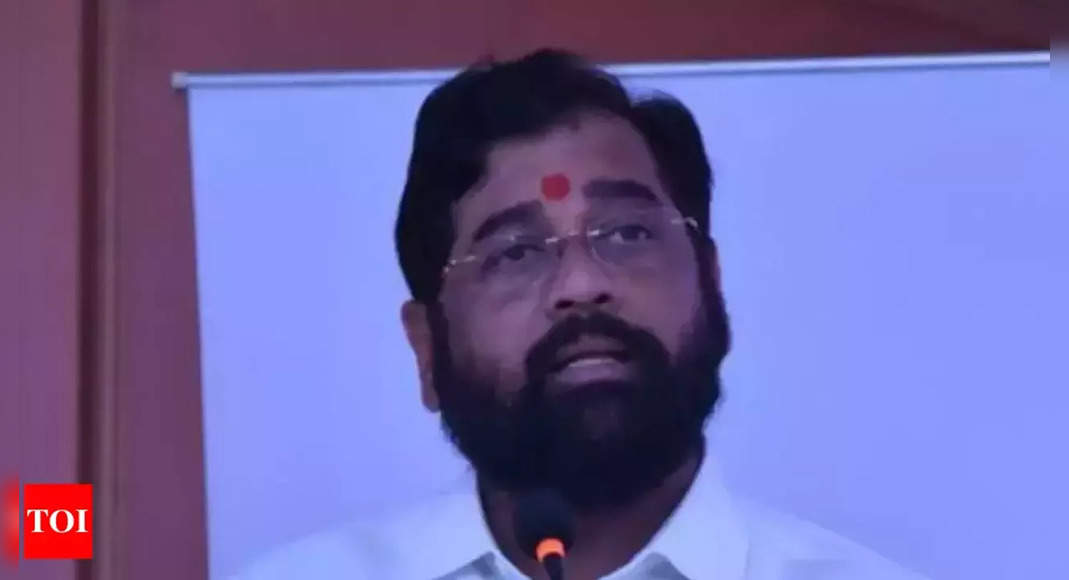MUMBAI: Maharashtra’s public health department has estimated that in the event of a third Covid wave, the state will record approximately 50 lakh cases, of which 25 lakh will rely on government-run medical facilities or Covid care centres.
Given the sheer numbers at play, the state is firming up a plan to stock up on essential medicines and kits on a massive scale, which may require tweaking purchase policies as well.
Authorities expect the maximum active caseload to touch eight lakh, of which four lakh are presumed likely to seek public health support.
The 50 lakh cases are assumed to include five lakh children, of which 2.5 lakh will be expected to visit public centres.
Within this subset, 3.5% children (that is 8,750) may require admission and treatment under supervision of paediatricians.
The data was part of a presentation made before chief minister Uddhav Thackeray.
“No final figures yet, two/three projections needs to be studied and converged.
Our presentation was based on assumptions.
As suggested by the task force, we will fine-tune it,” state health commissioner N Ramaswamy said.
Read AlsoCovid vaccination: Maharashtra gives record 5 lakh jabs in a day amid hours-long queuesThe number of daily Covid-19 vaccine doses administered in Maharashtra hit a record high of 5 lakh on Monday, a day after the state touched a low of one lakh vaccinations due to shortage.
The state is hoping to cross the milestone of overall 1.5 crore vaccinations by Tuesday, principal healthMedical education director T P Lahane said the caseload from the third wave may not cross 40 lakh but the administration will have to keep infrastructure ready for 50 lakh patients.
“In the first wave, we had 19 lakh cases.
In the second, it crossed 40 lakh.
Since new variants are emerging, it will be difficult to predict the number of cases in the third wave.
We are prepared… but we do not know if there will be third wave at all,” Lahane told TOI.
The public health department has submitted a Rs 1,676-crore proposal for its contingency plan: Rs 782 crore to procure essential medicines and consumables for Covid and Covid-associated diseases and Rs 893 crore for newer medicines required for treatment of mild to moderate Covid patients.
Going by the presentation, plans have been firmed up to ensure stocks of essential medicines and testing kits do not run out.
During the first and second wave, 6.9 lakh vials of remdesivir were given till June 24.
It’s been estimated that eight lakh will be required for the third wave.
Similarly, in the first two waves, one crore RT-PCR and 70 lakh rapid antigen tests were used up.
Now, an inventory for 1.25 crore RT-PCR and 87.5 lakh antigen tests is being readied.
Read AlsoMaharashtra: Vaccination for age group 18 to 44 not to start on May 1; lockdown to be extended by 15 daysTope also informed that the state will need 12 crore doses to vaccinate these people and it will cost Rs 6,500 crore.A senior official said a new policy will have to be worked out for use and procurement of new medicines, particularly those which are not in protocols published by the state or central government.
“We have to take a policy decision depending on evidence-based technical advice before purchase,” he said.
Issues involved in purchasing are being resolved on top priority.
The key issues which Maharashtra hopes to iron out are: insufficient supply of essentials as demand peaks leading to shortage, limited response from drug manufacturers, fluctuating prices, differential pricing for the same medicines, and the fact that government of India (GOI) has not specified rates and schedules of supply for essential drugs, which allows manufacturers to vary their prices and supply schedules.
An official said the purchase policy will need to be altered as the present one was drafted in 2016 when it was decided that purchases above Rs 3 lakh would need an e-tender and administrative approval.
“We need to bring key changes in procurement of medicines.
We need simultaneous processing of purchase and administrative approval, purchase from GOI-allotted manufacturers at the rate quoted by manufacturers.
Above all, we need complete exemption from Dec 1, 2016 purchase policy directives,” he said.

